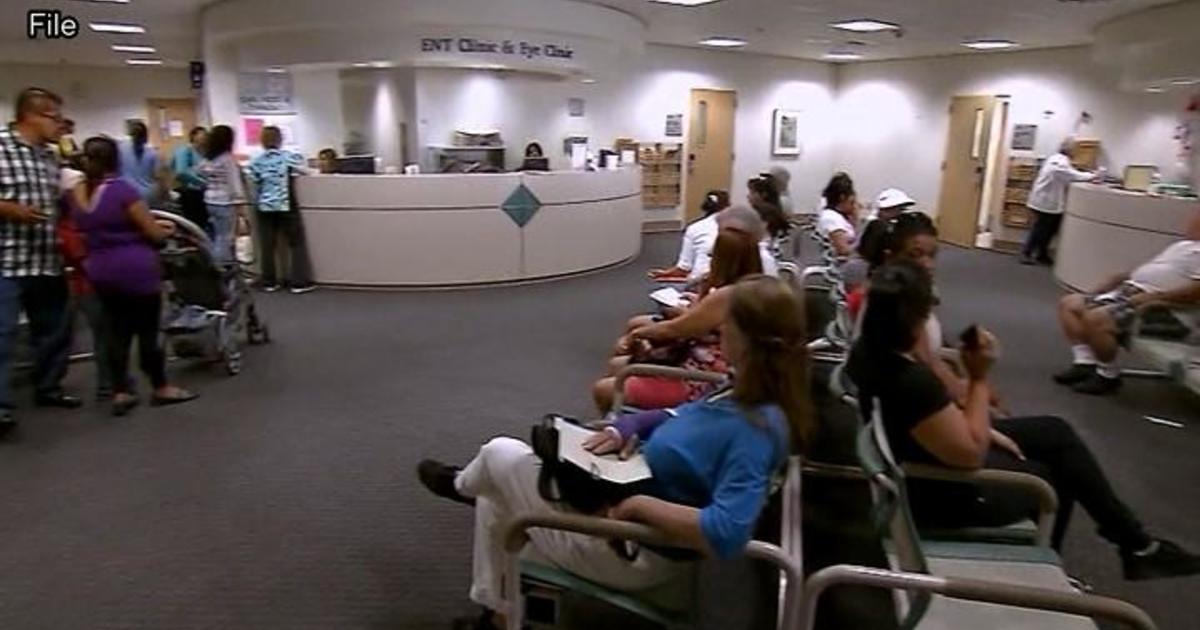Volunteer Corps Of Lawyers Helps Service Members
KRISTI TOUSIGNANT
The Daily Record
BALTIMORE (AP) -- The motto: `Ready when called."
The uniform: camouflage jacket and pants, sand-colored boots.
The requirements: a law degree.
The mission of the Judge Advocate Corps: to provide pro bono legal counsel for members of the Maryland Army National Guard, the Maryland Air National Guard and military veterans.
The JAC is a unit of the Maryland Defense Force, a group of uniformed civilian volunteers that supports military members by providing professional services. About 30 to 40 attorneys serve in the unit, helping guardsmen and others with matters ranging from wills to child custody cases.
With the influx of domestic cases among military members, there is a great demand for legal representation in the military, said JAC member Matt Fox.
"We handle civilian cases because a lot of Army bases are now finding money to hire civilian attorneys, but once they start doing it, people are coming out of the woodwork for help, but they can't handle it," said Fox, a Pikesville solo attorney.
Members of the JAC manned a booth at the United Way Project Homeless Connect outreach event at the Baltimore Convention Center last month, along with other members of the Defense Force.
Homeless veterans could obtain advice and direct legal assistance from the group. One homeless veteran, Theodore Alexander, 69, was looking for dental treatment, since he had one tooth "hanging on a string of gum." After talking through the problem with him, Defense Force members offered several phone numbers to call.
"I haven't felt this confident in getting the problem solved as much as I feel right now," said Alexander, who left the Air Force in 1976.
Each JAC attorney takes on as much work as he or she chooses. Usually, a Judge Advocate General's Corps officer, an attorney enlisted in the armed forces, emails a JAC member with referrals for potential cases. The details are then sent to all JAC members, and attorneys volunteer to take the case.
The cases come through other outlets as well. Sometimes, service members directly contact them. Other times, members of the chaplain corps of the Defense Force will refer a military member they have been counseling.
"We never know how something is going to walk through the door," Fox said.
The group also has an agreement with Fort Meade, in which attorneys there send the JAC about 12 cases a month.
The group most often deals with domestic cases -- service members divorcing or embroiled in custody battles. These make up about 50 percent of the unit's workload, said JAC member Michael P. May. The unit also takes on criminal cases, helps write wills before service members deploy and aids in obtaining veterans' benefits.
"These are tough cases," May said. "In fact, all of them break your heart. This is real law. There are different attorneys here for every problem. But you also really can't get the toothpaste back into the tube, and you can't fix everything."
Fox reviews National Guard members' appeals and then sends opinions on the cases to a Guard battalion commander. The regiment to which he is assigned doesn't have a JAG officer, so Fox reviews the cases for free.
The JAC also helps service members with employment matters. One common occurrence is when employers don't want to pay service members while they take time off to train or don't give them their jobs back after they return from deployment.
"We are doing things the regular National Guard is not capable of doing," said JAC member David P. Weber. "Service members would not have this representation without us."
May, a Baltimore criminal and domestic solo attorney and former Baltimore police officer, is assuming command of the unit this month.
He served in the Army and was overseas for the Vietnam War in the late 1960s. He joined the JAC after hearing about it through his involvement in other veterans' organizations.
"At that point, I was so invested in veterans and veteran causes, it was a no-brainer," May said. "We absolutely have to help our own."
Through JAC, May said, he has represented a soldier who lost custody of her son after a judge ruled her military responsibility interfered with her being a mother. He has represented a soldier who had custody of his child but was terrified his wife would take the child while he was deployed.
"These are the type of things which service members deal with on a regular basis," May said. "They are not easy cases."
May said his time in the Army has helped him build relationships with clients.
"They'll say, `You don't know what it's like,' and I'll say, `Yeah I do,"' May said. "Sometimes you have to actually listen, and you have to tell people, `Look, my job is to give you legal advice."'
Besides the JAC, the Defense Force has an engineering regiment, a financial corps, a chaplain corps and a technology unit, among others.
Prior military service is not required, but those who have served usually enter the force with a higher rank. About 40 percent of members served previously, said Col. James F. Coleman, chief of staff at the Defense Force. The force participates in monthly drills at the Pikesville Armory.
Weber said he was interested in the JAC for many years and joined three months ago after he left his position as an assistant inspector general with the Securities and Exchange Commission and opened his own firm.
"This is my way to continue government service," he said.
The group is hoping to expand. Fox said the JAC wants to have paralegals and administrative staff to help with research and case management.
"The more people we have, the more good we can do," he said.
Information from: The Daily Record of Baltimore, http://www.mddailyrecord.com
(Copyright 2013 by The Associated Press. All Rights Reserved.)



